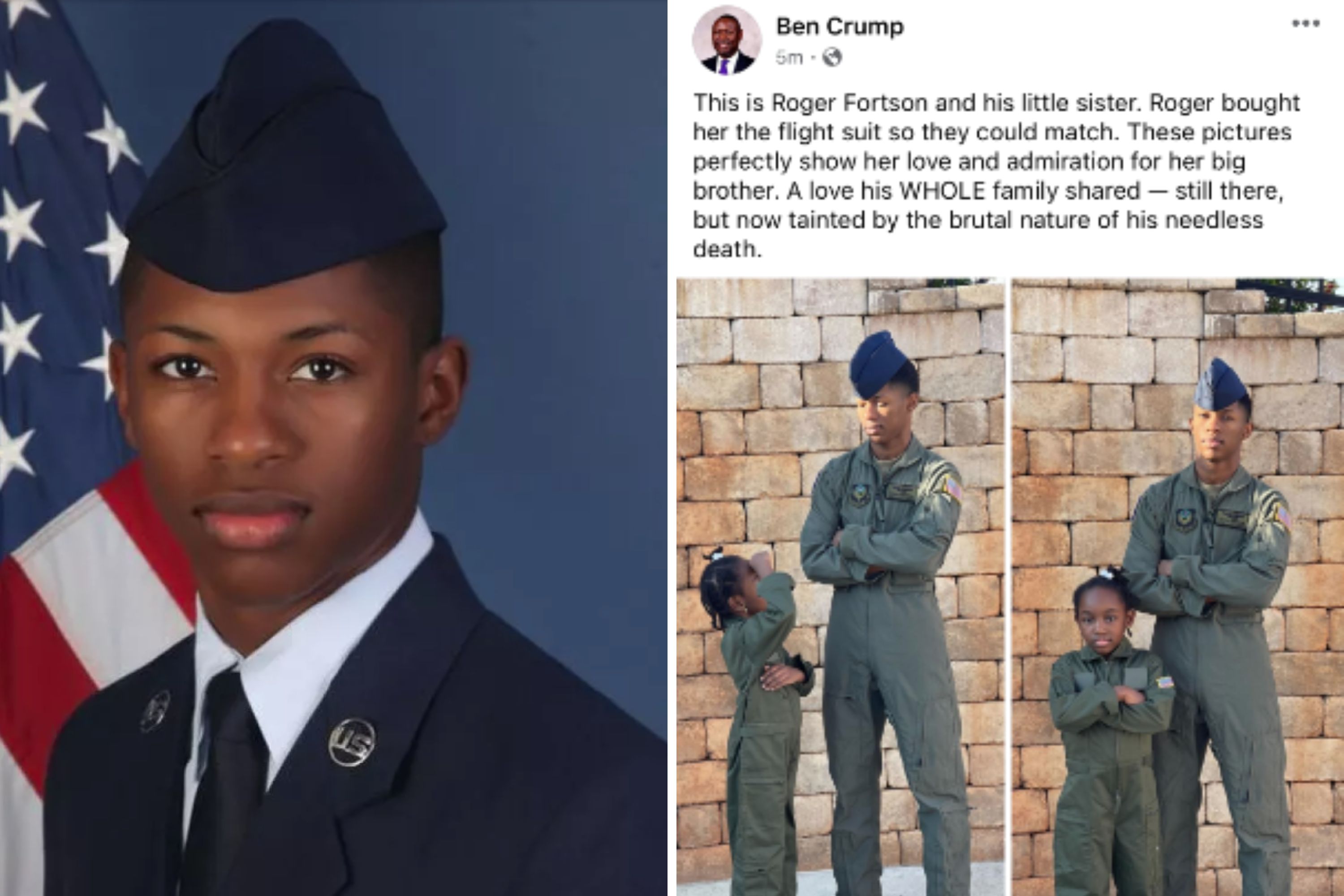
When President Obama plays his celebrated basketball games at the White House or Camp David, he always wants one cabinet member on his team: Education Secretary Arne Duncan. That's partly because Duncan is tall (6 foot 5), a former pro player in Australia, and such a good passer that Michael Jordan asked Duncan to help him train for his legendary comeback in 1995. But the biggest reason is that Duncan is one of those players who always seem to figure out how to win.
With the budget and Libya both bloody messes, Obama needs a bipartisan victory on the most significant domestic issue on his watch: education. We're about to learn if the finesse Duncan developed as the only white kid on ghetto playground courts on Chicago's South Side will let him navigate the Washington knife fights to come. The tussle is over what happens to George W. Bush's despised No Child Left Behind program, which is up for renewal this year. Duncan's game plan is clear enough to diagram on a whiteboard: to make ed policy more "fair, flexible, and focused."
Fairness means reforming an NCLB system that treats even decent schools like failures. There's bipartisan support for what Duncan calls "a more nuanced accountability system." That requires flexibility. Duncan hopes that by moving away from rigid top-down solutions he can enlist more Republican support. Where the GOP more often balks is on the third F: focus. Duncan wants to concentrate federal attention on the 5,000 worst schools—the "dropout factories."
On his right, the new GOP chairman of the House Education and the Workforce Committee, Rep. John Kline, says he wants to slash spending on education and break up the education bill into bite-size pieces, both of which would stall reform. Like Kline, Sen. Lamar Alexander, the key Republican in the upper chamber, emphasizes the philosophical differences: "Most Republicans would support Race to the Top [Duncan's signature accountability program] if proposed by a governor, but it's too much federal action."
On Duncan's left, teachers' unions (especially the National Education Association) try to impede common-sense reform ideas like tenure reform and merit pay. But the liberal chorus that slimes many reasonable reformers as "anti-teacher" can't do that with Duncan. His lavish praise of teachers ("unsung heroes") and support for new-teacher training give him cover to push essential reform that the unions don't like.
The good news is that even the most incendiary Republican has nothing but nice things to say about Duncan personally. That's because of his extraordinary emotional intelligence. "On the street I had to learn to read people and situations and judge character well, because my life depended on it," he says. Duncan, whose mom, Sue, runs an after-school tutoring program in a rough Chicago neighborhood, sees education as the dividing line between life and death: "Kids who got an education got out. Kids who stayed on the streets—a lot of them died."
His record of achievement is already secure. After talking about national standards for decades, the U.S. has finally adopted them. This is an example of Duncan's quiet skills. By deleting the word "national" and working through the governors, he bested conservatives who have long refused to accept standards from Washington. Using the lever of Race to the Top, 41 states have adopted "common core" standards in just two years. "For the first time, a child in Mississippi and a child in Massachusetts will be judged by the same yardstick," he says.
Duncan's passion is evident every day. "I'm in two, three, four schools a week. I totally need it," he says. "It gives you energy and lets you know why you're fighting." He shoots hoops often with students and brings each school a signed ball.
The tide of reform is moving faster than anyone expected. For all the depressing news about education, the Obama years are a time of great excitement in the reform movement—like the 1960s for civil rights. Arne Duncan knows this debate won't be ended with a three-pointer at the buzzer. It's about energetic and imaginative play that changes the flow of the game.
Uncommon Knowledge
Newsweek is committed to challenging conventional wisdom and finding connections in the search for common ground.
Newsweek is committed to challenging conventional wisdom and finding connections in the search for common ground.
About the writer
To read how Newsweek uses AI as a newsroom tool, Click here.





